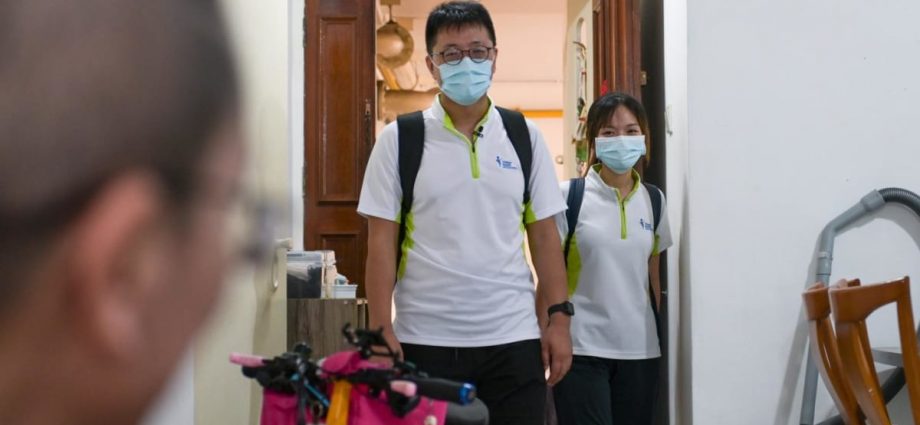
Many patients refuse help because they tend to “self-stigmatise”, said Cheng.
“A lot will tell you, ‘You’re a normal person. I’m not a normal person,’” she said. “They already think they’re very special people who can’t be helped. But I’ll say, ‘No lah, it’s not like that.’”
To her, these patients are “just normal people who have their own problems”. Unlike some others who, say, jog to deal with stress, they were exposed to a “maladaptive” way of coping, which is to use substances, she said.
The team learned that Sarah, for example, had troubled relationships when she was younger and now with her own children. Drinking was “the fastest way” to forget, Cheng said. “The brain is already very used to thinking that.”
Last April, when the team first met the woman, who is in her 40s, she had all but relinquished hope of quitting alcohol.
“When I needed someone (before), there was no one. Then when I become worse, people come for what?” she told CNA Insider.
“When you’ve been doing something that you always did, then suddenly people ask you to cut (down), you (would be) happy or not?”
But Cheng and Zhang, who had visited her relentlessly, moved her. “Irritating … but they try to understand me,” she said.

